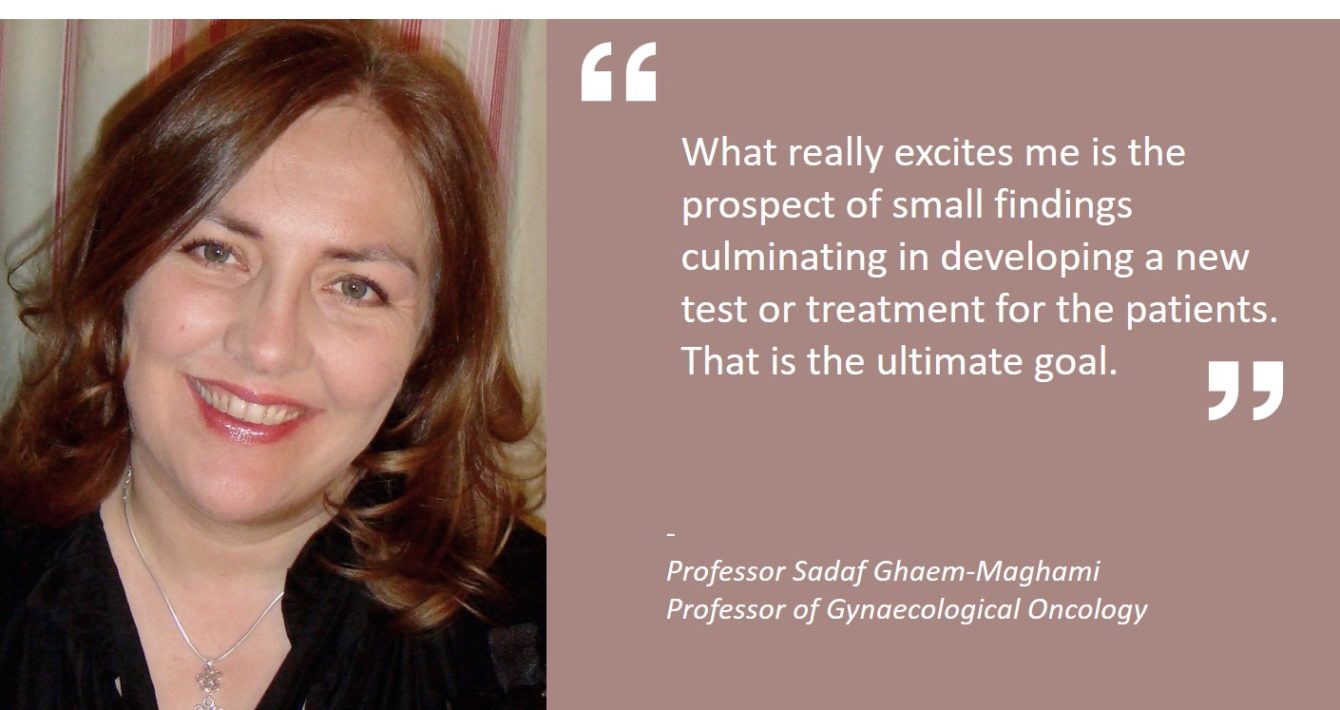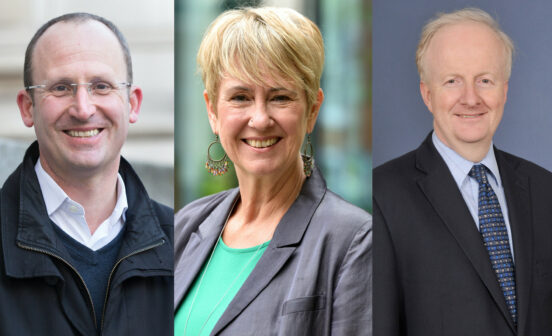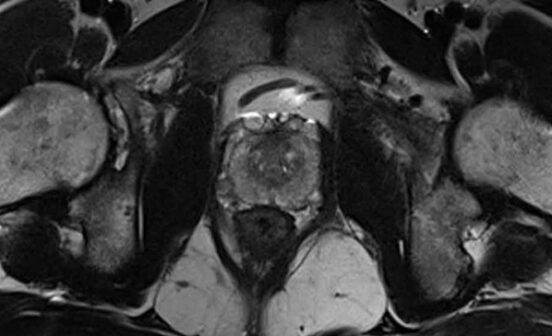Award BRC researchers recognised in the latest round of academic promotions

Over 130 academics have been promoted across Imperial College Business School and the Faculties of Engineering, Medicine, and Natural Sciences in August. Dr Sadaf Ghaem-Maghami, a researcher from NIHR Imperial BRC Cancer Theme, was one of the BRC researchers promoted to Professor of Gynaecological Oncology in the newly formed Department of Metabolism, Digestion and Reproduction. We caught up with her to find out a little more about her research career to date.
How did you become interested in your field of work?
I did my PhD on immunology and immunology of cancer always fascinated me. It is a very complex area and involves many different cell types that come into play to define an immune response in Cancer. Ovarian cancer is a particular challenge from this point of view. Of course, working as a cancer surgeon, my interest has always been to try and predict surgical outcome from biology of the cancer, which of course includes its immunological features.
What are the major current challenges in ovarian cancer management/treatment?
Ovarian cancer presents at a late stage and carries a poor prognosis. Surgery plays a big role in treatment of ovarian cancer, but we cannot always predict which patient is likely to benefit from extensive surgery. In addition, it is becoming obvious that usual immune therapy drugs are not as effective in treatment of ovarian cancer. So somehow we need to predict which patients should have extensive surgery and offer new treatments to patients who are or become resistant to various forms of therapy. One way may be by making the tumour more immunologically active.
Could you tell us about your research?
Studying biology of ovarian cancer with respect to surgical outcome and its immunological features with a view to develop novel immuno-therapeutic approaches are the two main areas of my research in ovarian cancer.
What are you proudest of in your research or career so far?
I am proud to work at Imperial and have gotten this far! Publishing in the Lancet Oncology was a highlight for me.
What is the biggest challenge you faced in your career?
Juggling being a mother to my two daughters, training to become a surgeon and carrying out research all put together has been challenging.
What are you most excited about as a researcher?
Usually small things, when my hypothesis turns out to be right and we can prove it and validate it or even the complete opposite and then you have to think why. But what really excites me is the prospect of these small findings culminating in developing a new test or treatment for the patients. That is the ultimate goal.
You can find out more about other promotions and testimonials here.





